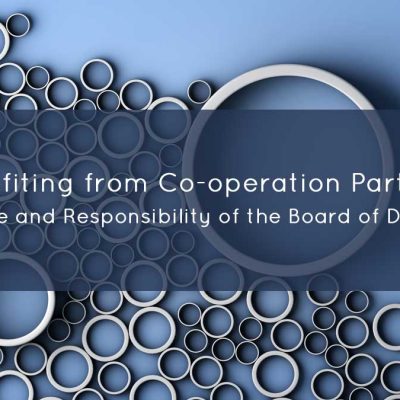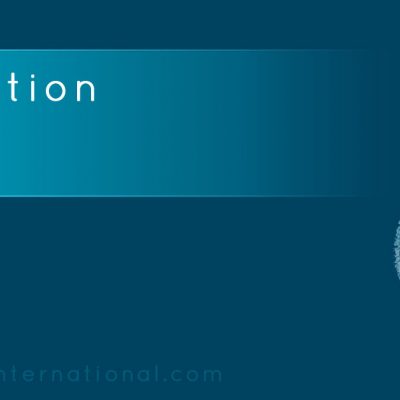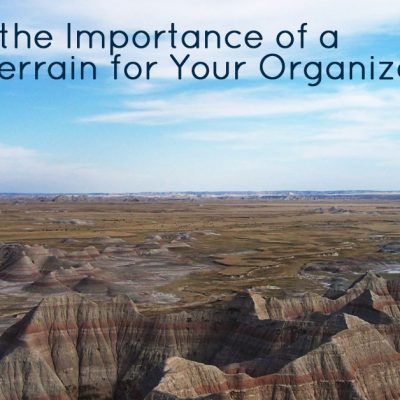
In his book Toxic Emotions at Work (2003, Harvard Business School Press), the late Dr. Peter Frost wrote about emotional pain as an unavoidable consequence of doing business. He said that while the sources for the pain varies, the results are the same. According to Frost, the results of emotional pain in the workplace include:
- disconnecting from work,
- lowering of morale, and
- lowering of performance
Frost said that “the potentially crippling scenario is not the pain itself, but the ways in which organizations respond to pain”. In his book, he explains that when pain is effectively responded to, it can be a constructive force for change, rather than causing both the organization and the individuals within the organization great loss. Frost explained how emotional pain can affect performance and what can be done before it causes a state of toxicity.
An unhealthy response to pain is for the pain to be kept from the organization by someone who is a self-appointed pain manager. Frost called this person a toxin handler. Frost did a terrific job in describing the Toxin Handler in organizations; someone who keeps the worst of the toxic environment away from a group of staff so that they can actually maintain reasonable performance. In both his book Toxic Emotions at Work and his Harvard Review published article he described the high price paid by these “toxin handlers” regarding their physical and emotional health.
When Dr. Frost was researching his book, he attended a workshop I was leading. When I said "because change is constant, loss is constant...because loss is constant, grief is constant. We can assume that everyone in an organization is in grief about something all of the time", Dr. Frost told the group that this was one of the most important sentences he had heard in relation to organizational development. He used it in his book. I felt honored to be included as I had great respect for Dr. Frost who was the Professor of Organizational Development in the faculty of Commerce of the University of British Columbia, Canada.
Your capacity in leadership increases when you have learned how to use the grief cycle in your organization as a tool to assist your organization of people to have a useful way to respond to emotional pain. In our workshop Achieving Organizational Health and Balance: diagnosis and regeneration, you will learn how to work with the grief cycle for the organization to be able to respond to emotional pain in a constructive way. The grief cycle taught in this workshop is positioned within the Cycle of Organizational Transformation. This outlines the path forward beyond the impact of the emotional pain.
Attendance at the online workshop guides you in working with the emotional pain as a team, as an organization, while simultaneously avoiding the serious pitfall of becoming (or remaining) a toxin handler. >> Register Here









Leave a Reply
You must be logged in to post a comment.